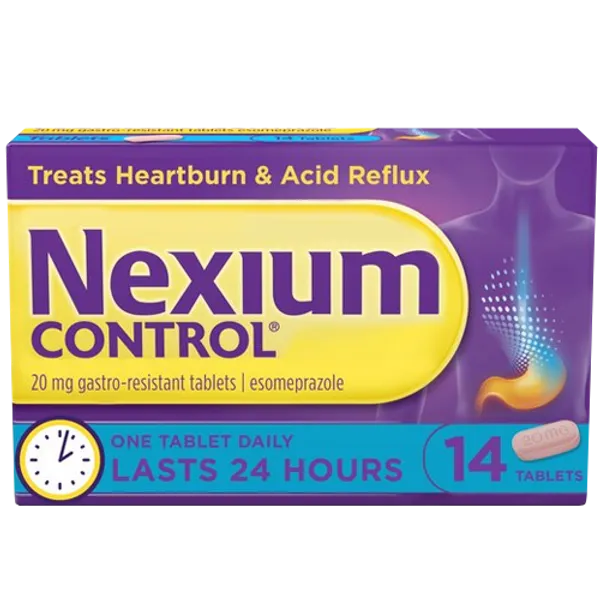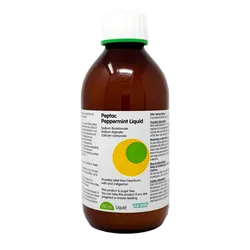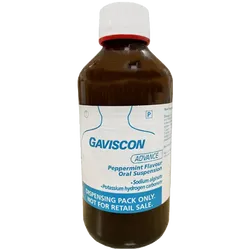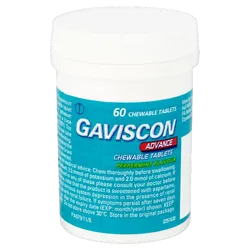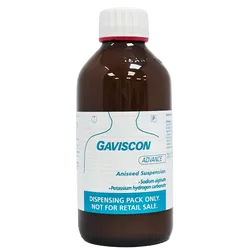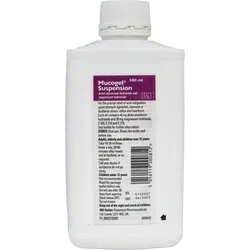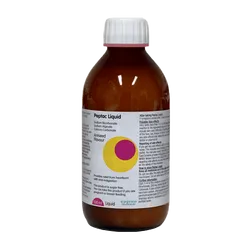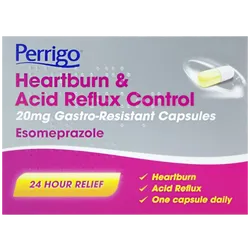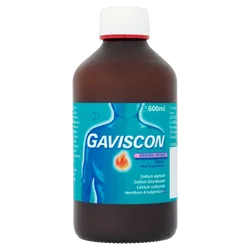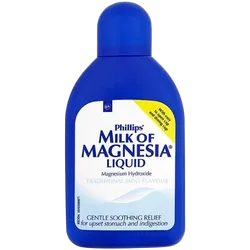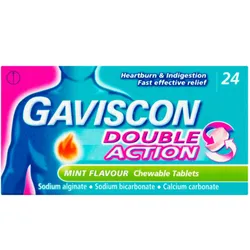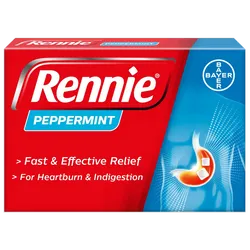Do not take Nexium Control:
- if you are allergic to esomeprazole or any of the other ingredients of this medicine.
- if you are allergic to medicines containing other proton pump inhibitors (e.g. pantoprazole, lansoprazole, rabeprazole or omeprazole).
- if you are taking a medicine containing nelfinavir (used to treat HIV infection).
Do not take this medicine if any of the above apply to you. If you are not sure, talk to your doctor or pharmacist before taking this medicine.
Warnings and precautions Talk to your doctor before taking Nexium Control if:
- You have had a stomach ulcer or stomach surgery in the past.
- You have been taking treatment continuously for reflux or heartburn for 4 or more weeks.
- You have jaundice (yellowing of skin or eyes) or severe liver problems.
- You have severe kidney problems.
- You are aged over 55 years and have new or recently changed reflux symptoms or need to take a non-prescription indigestion or heartburn remedy treatment every day.
Tell your doctor immediately before or after taking this medicine, if you notice any of the following symptoms, which could be a sign of another, more serious, disease.
- You lose a lot of weight for no reason.
- You have problems or pain when swallowing.
- You get stomach pain or signs of indigestion such as nausea, fullness, bloating especially after food intake.
- You begin to vomit food or blood, which may appear as dark coffee grounds in your vomit.
- You pass black stools (blood-stained faeces).
- You have severe or persistent diarrhoea; esomeprazole has been associated with a small increased risk of infectious diarrhoea.
Tell your doctor before taking this medicine, if:
- You are due to have an endoscopy or a urea breath test.
- You are due to have a specific blood test (Chromogranin A)
If any of the above apply to you (or you are not sure), talk to your doctor straight away.
Children and adolescents
This medicine should not be used by children and adolescents under 18 years of age.Other medicines and Nexium Control Tell your doctor or pharmacist if you are taking, have recently taken or might take any other medicines. This is because this medicine can affect the way some medicines work and some medicines can have an effect on it.
Do not take this medicine if you are also taking a medicine containing nelfinavir (used to treat HIV infection).
You should specifically tell your doctor or pharmacist if you are taking clopidogrel (used to prevent blood clots).
Do not take this medicine with other medicines that limit the amount of acid produced in your stomach such as proton pump inhibitors (e.g. pantoprazole, lansoprazole, rabeprazole or omeprazole) or an H2 antagonist (e.g. ranitidine or famotidine). You may take this medicine with antacids (e.g. magaldrate, alginic acid, sodium bicarbonate, aluminium hydroxide, magnesium carbonate or combinations of these) if needed. Tell your doctor or pharmacist if you are taking any of the following medicines:
- Ketoconazole and itraconazole (used to treat infections caused by a fungus)
- Voriconazole (used to treat infections caused by a fungus) and clarithromycin (used to treat infections). Your doctor may adjust your dose of Nexium Control if you also have severe liver problems and are treated for a long period of time.
- Erlotinib (used to treat cancer)
- Methotrexate (used to treat cancer and rheumatic disorders)
- Digoxin (used for heart problems)
- Atazanavir, saquinavir (used to treat HIV infection)
- Citalopram, imipramine or clomipramine (used to treat depression)
- Diazepam (used to treat anxiety, relax muscles or in epilepsy)
- Phenytoin (used to treat epilepsy)
- Medicines that are used to thin your blood, such as warfarin. Your doctor may need to monitor you when you start or stop taking Nexium Control
- Cilostazol (used to treat intermittent claudication – a condition where poor blood supply to the leg muscles causes pain and difficulty in walking)
- Cisapride (used for indigestion and heartburn)
- Rifampicin (used to treat tuberculosis)
- Tacrolimus (in cases of organ transplantation)
- St. John’s wort (Hypericum perforatum) (used to treat depression)
Pregnancy and breast-feeding
As a precautionary measure, you should preferably a void the use of Nexium Control during pregnancy. You should not use this medicine during breast-feeding.
If you are pregnant or breast-feeding, think you may be pregnant or are planning to have a baby, ask your doctor or pharmacist for advice before taking this medicine.
Driving and using machines
Nexium Control has a low likelihood of affecting your ability to drive or use machines. However, side effects such as dizziness and visual disturbances may uncommonly occur (see section 4). If affected, you should not drive or use machines.
Nexium Control contains sucrose
Nexium Control contains sugar spheres, which contain sucrose, a type of sugar. If you have been told by your doctor that you have an intolerance to some sugars, contact your doctor before taking this medicine.
